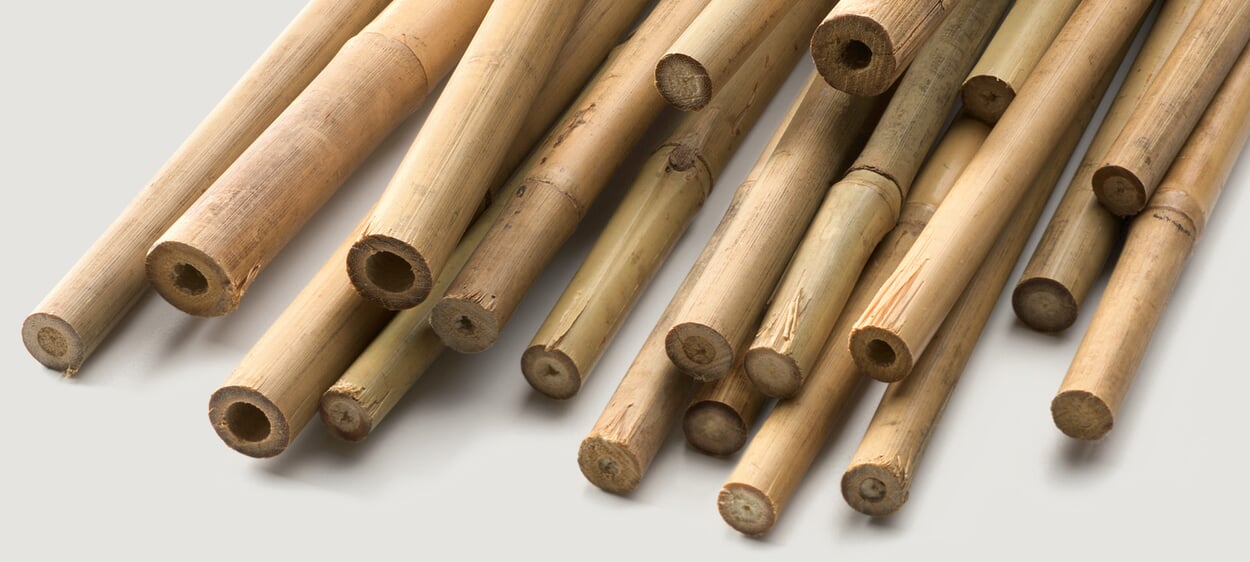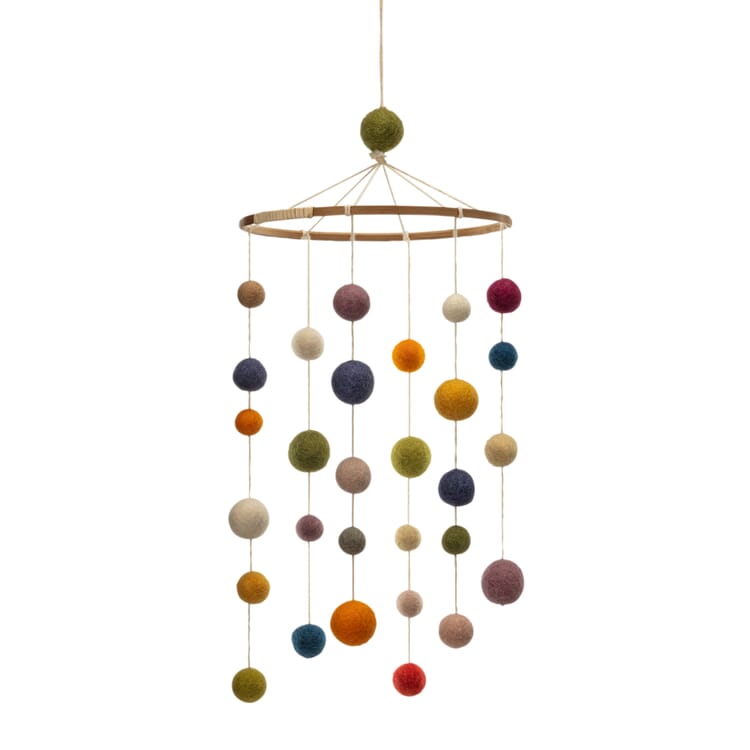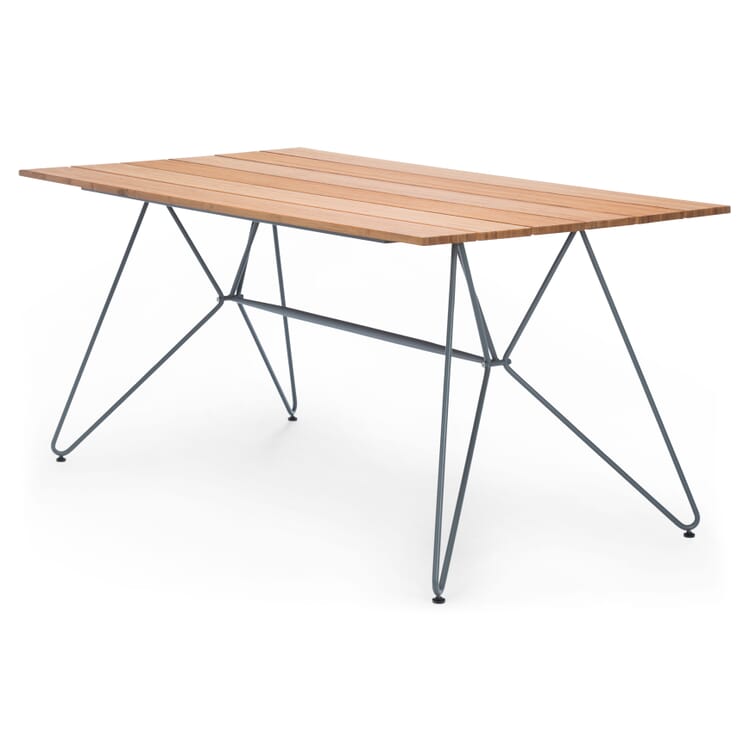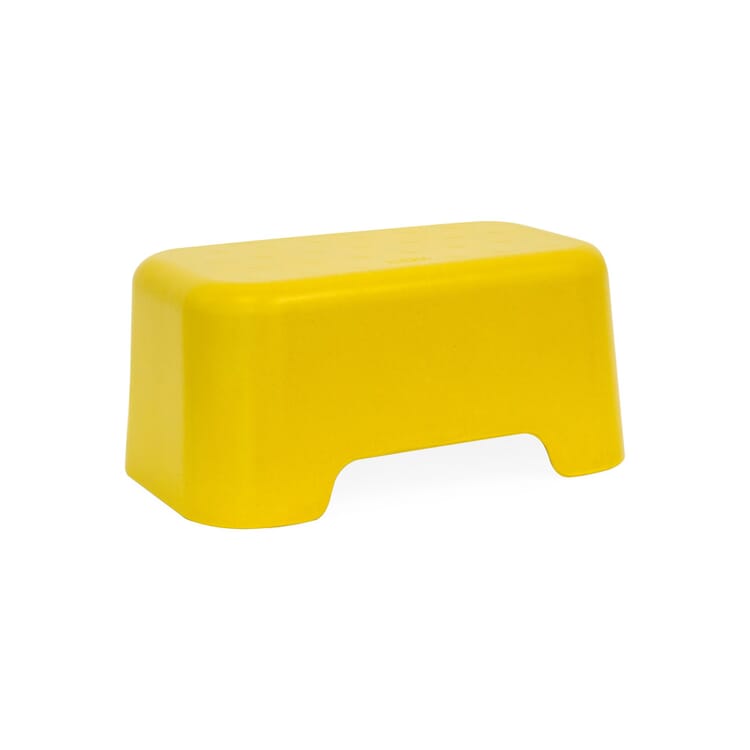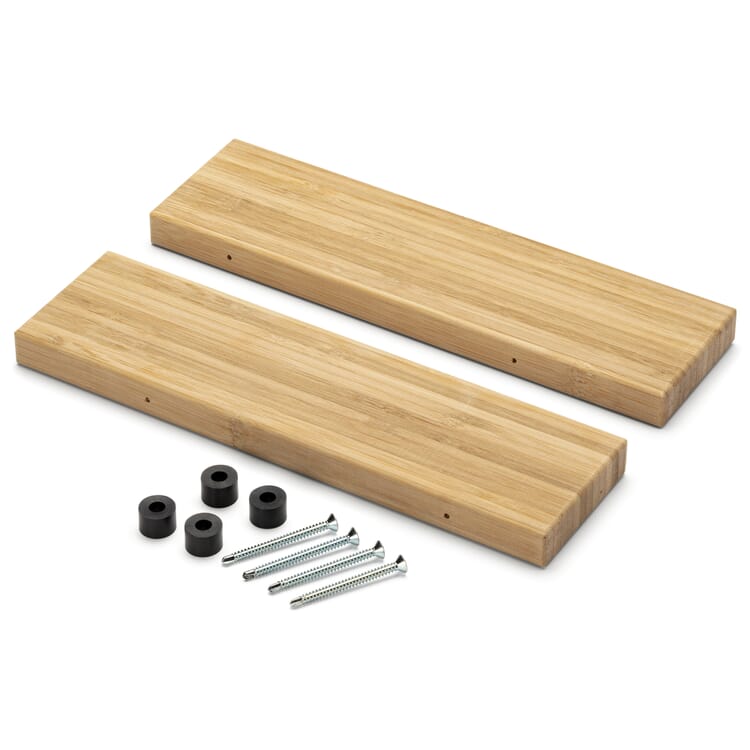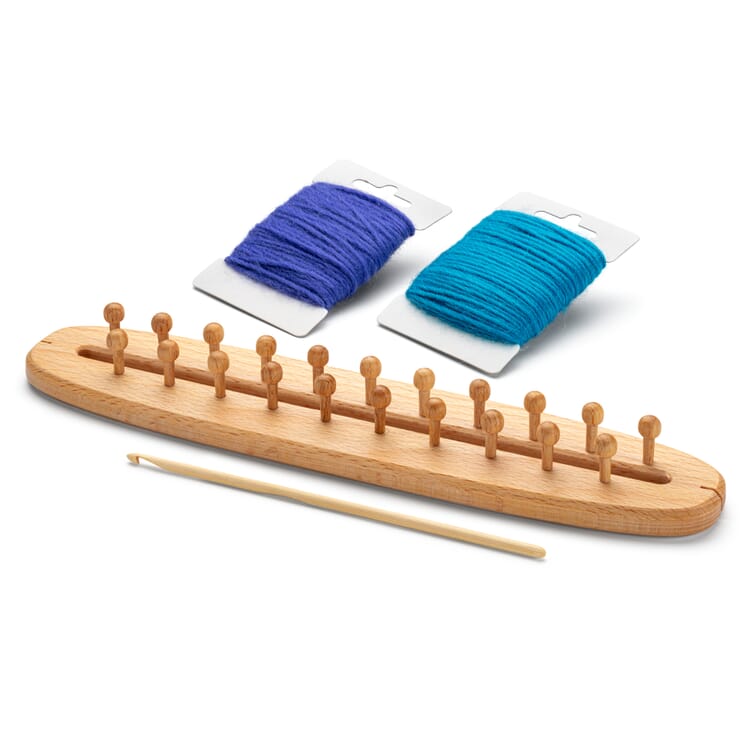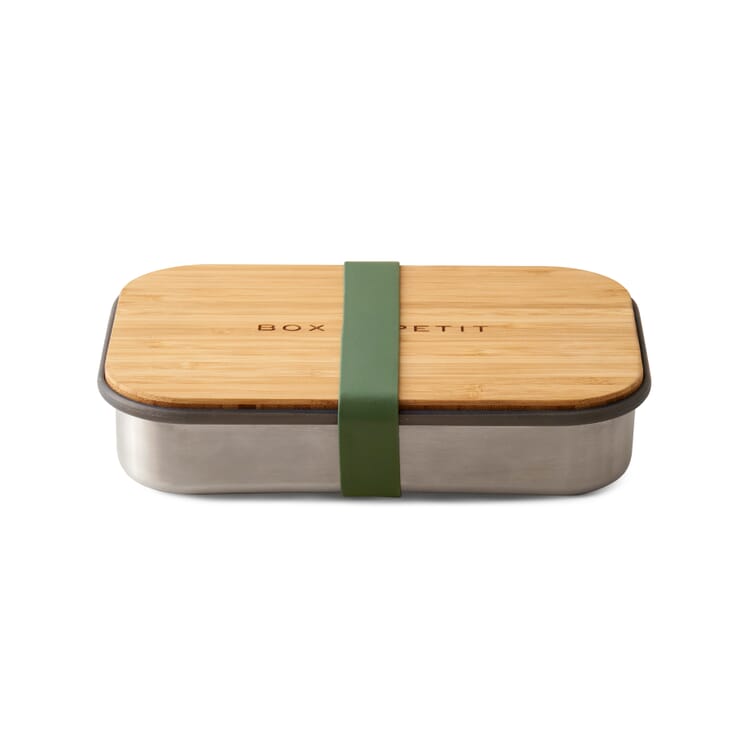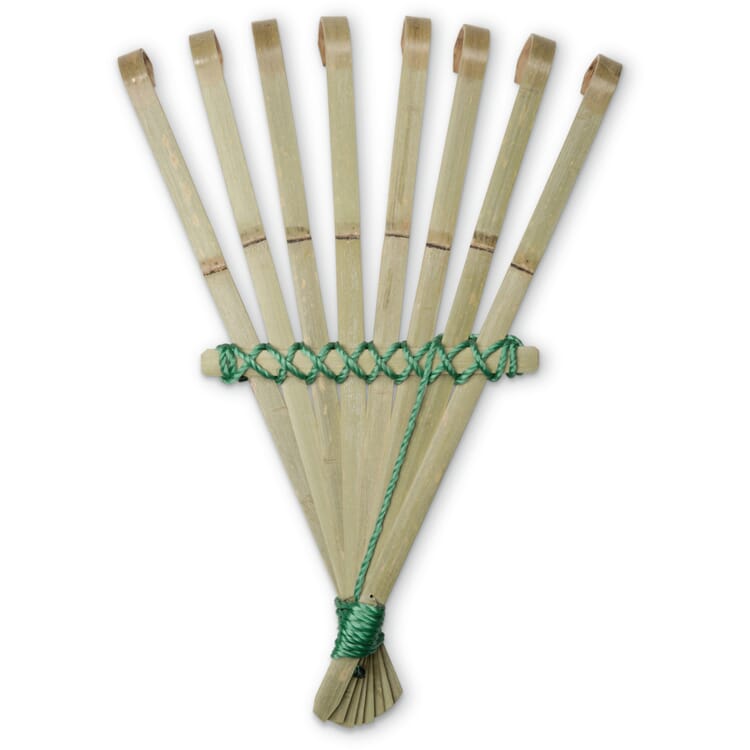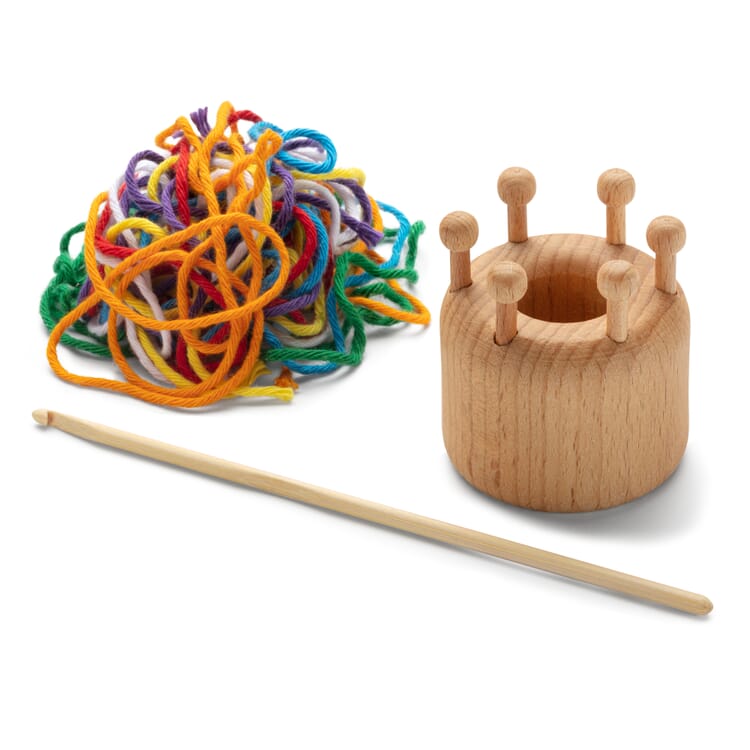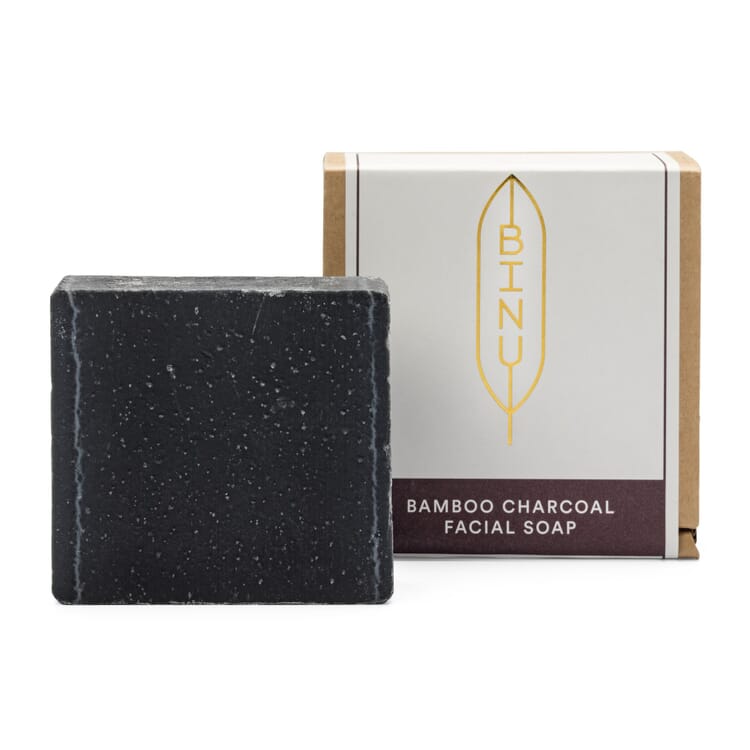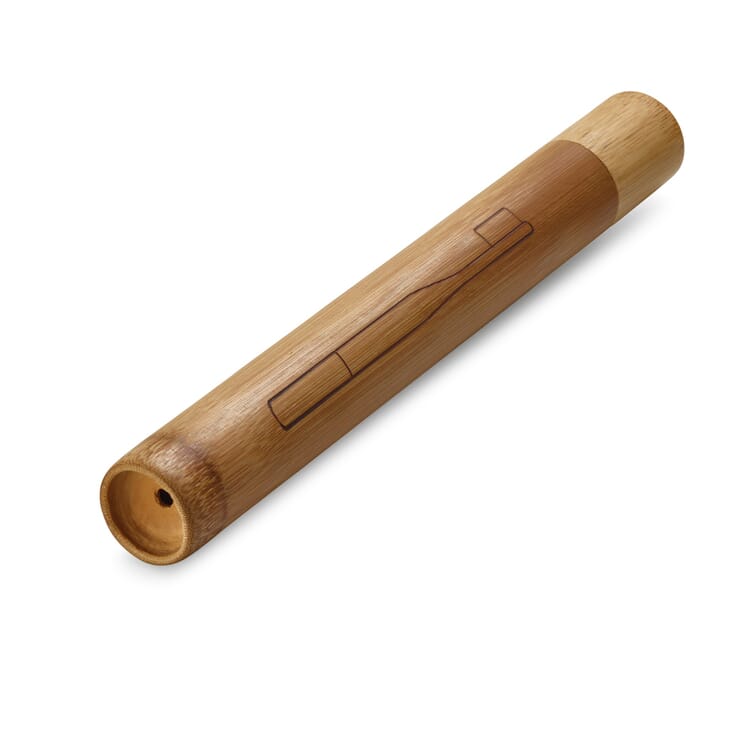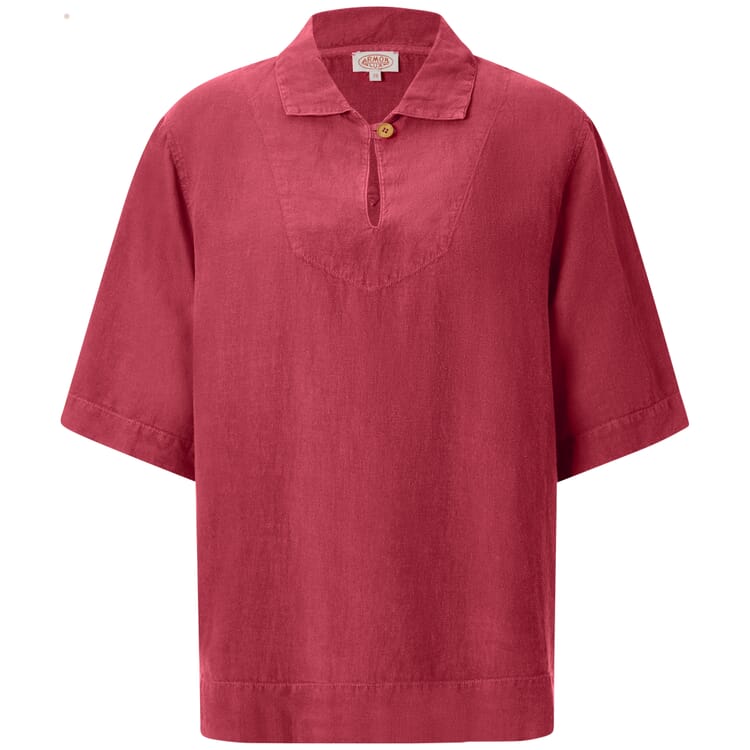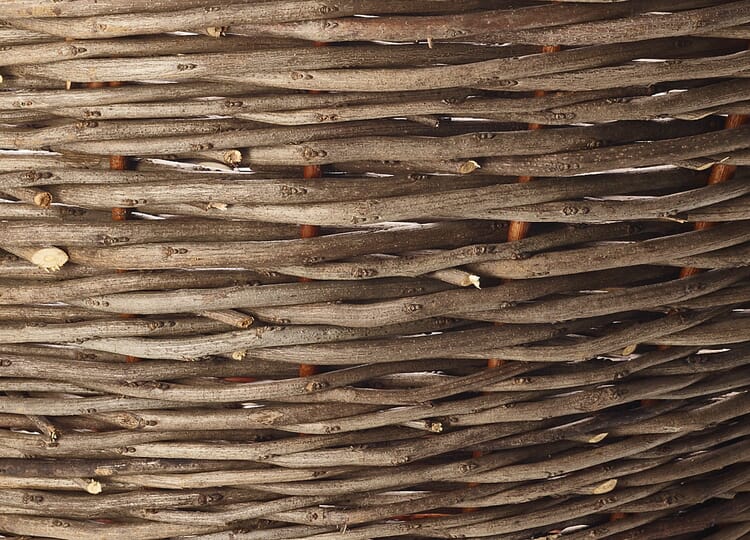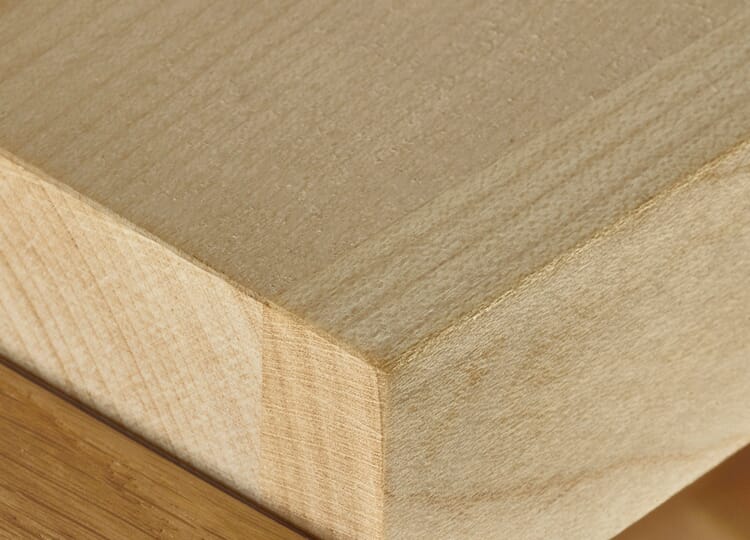Material
Bamboo. Sturdy lightweight
Bamboo is the largest species of sweet grass, and at the same time the fastest-growing plant on earth: some species manage up to one meter a day. More than a third of the over 1,500 bamboo species are native to China. When growing bamboo, there is no need for watering, fertilizers or pesticides, as the plant itself has natural antibacterial substances, making it extremely resistant. As a natural, rapidly renewable raw material, bamboo is enjoying increasing popularity and is an excellent alternative to plastic. The stalks of the bamboo plant are used. Unlike trees, they do not show any growth in thickness, but have their final diameter from the outset, which can be up to 30 cm. The bamboo culms consist of nodes (nodes) and hollow sections in between (internodes), only at the tip of the culm they are not hollow. Over time, the culms lignify, they deposit lignin, and the septa in the culm nodes silicify strongly. The wall thickness of the bamboo cane varies, as does the length of the different types of bamboo (15 cm-4 m).
The properties of bamboo wood
Due to its structure, bamboo cane is very light, yet at the same time extremely resistant to bending and tension, and therefore in some cases even superior to European construction timber. If bamboo lamellas are glued into panels, they can be processed like conventional wood materials and in just as many ways. Whether as a whole cane, in parts of it or processed as a bamboo panel, the range of applications of bamboo is diverse: from garden furniture to kitchen utensils, as personal care articles or handicraft tools - discover its advantages also in our products:
- Bamboo cane is extremely hard due to its dense cell structure. The dense cell structure prevents the penetration of water and at the same time prevents the colonization of germs.
- Thanks to the low swelling and shrinkage behavior it hardly reacts to changes in humidity and is therefore particularly stable.
- The bamboo stalks are due to their structure with cavities in the internodes exceptionally light and yet very stable. Furniture made of bamboo can therefore be easily transported and flexibly used
- Bamboo is a very sustainable raw material. Due to its rapid growth, the bamboo plant can bind up to four times more carbon dioxide than other plants. When harvested, the underground root network (rhizome) remains, so that new shoots are formed again and again.
For simple cleaning, a damp cloth is sufficient. Harder dirt is best removed with a brush made of natural bristles. Since bamboo tends to crack when left untreated in dry conditions, we recommend oiling it regularly for protection and maintenance. Use a special bamboo oil for this purpose.
Selected products with bamboo wood
Recommended Topics
Robinia wood is one of the toughest and most valuable European timber. In its technical and physical properties, it is very similar to oak - in terms of gross density, compressive strength, tensile and flexural strength, it even surpasses the robust oak. And its high resistance to weathering virtually predestines it for use in garden furniture making and in the field of garden equipment.
View moreLarch wood is a very dense and hard wood - along with yew, it is one of the heaviest and hardest domestic softwoods. By nature, it is extremely weather-resistant and durable. In addition, it is largely resistant to pests. This is precisely why it is ideal for outdoor use.
View more
